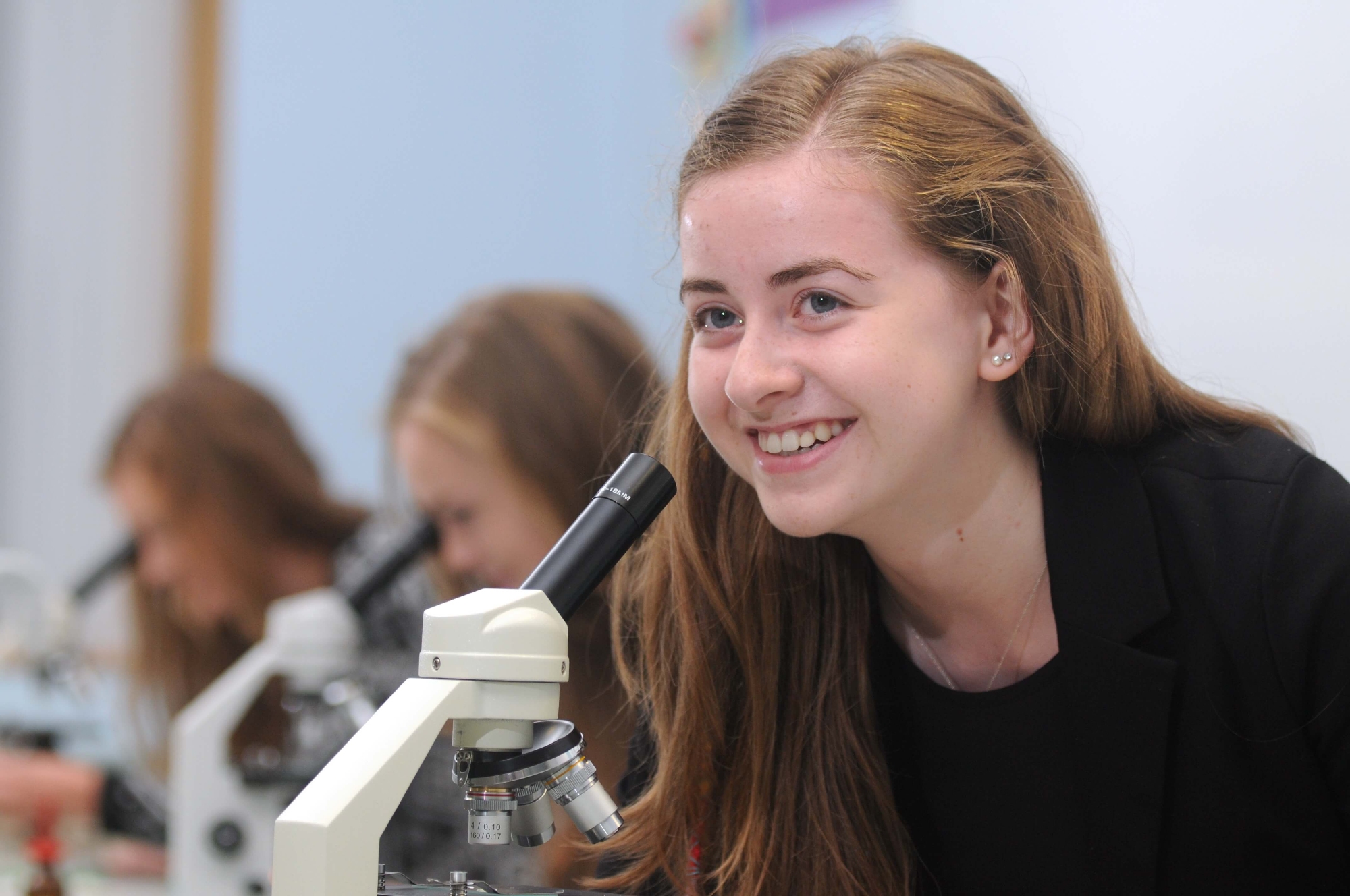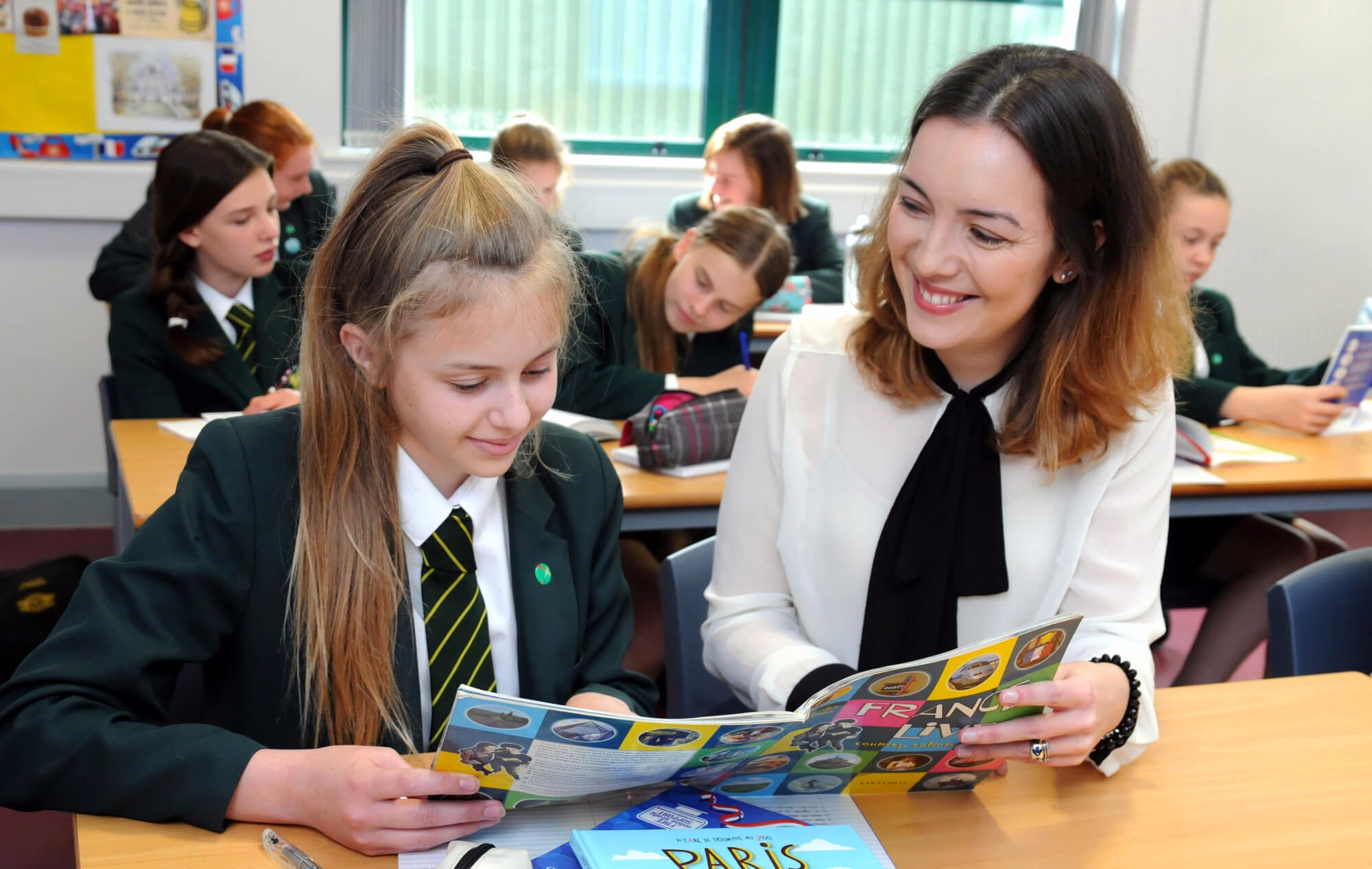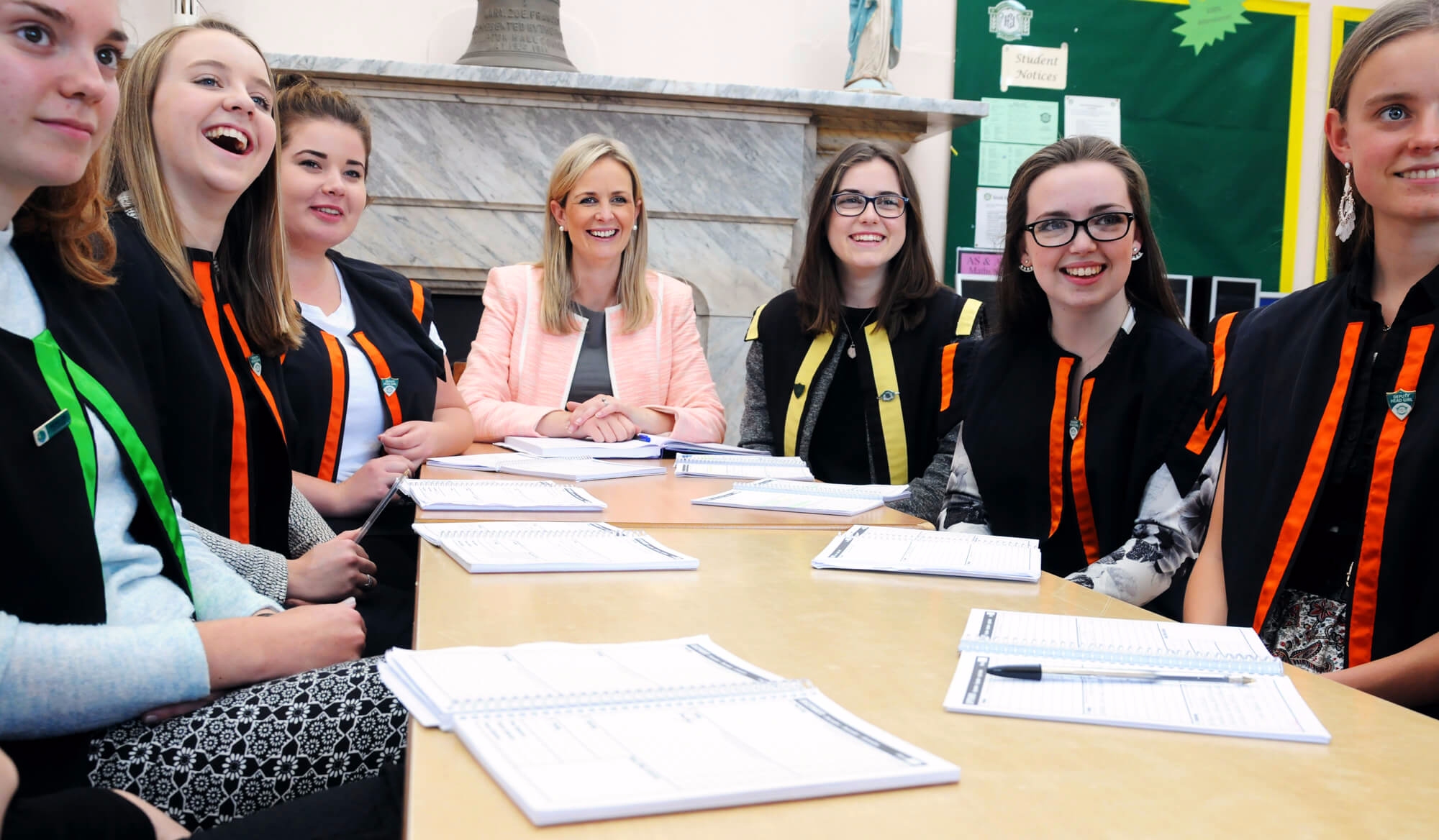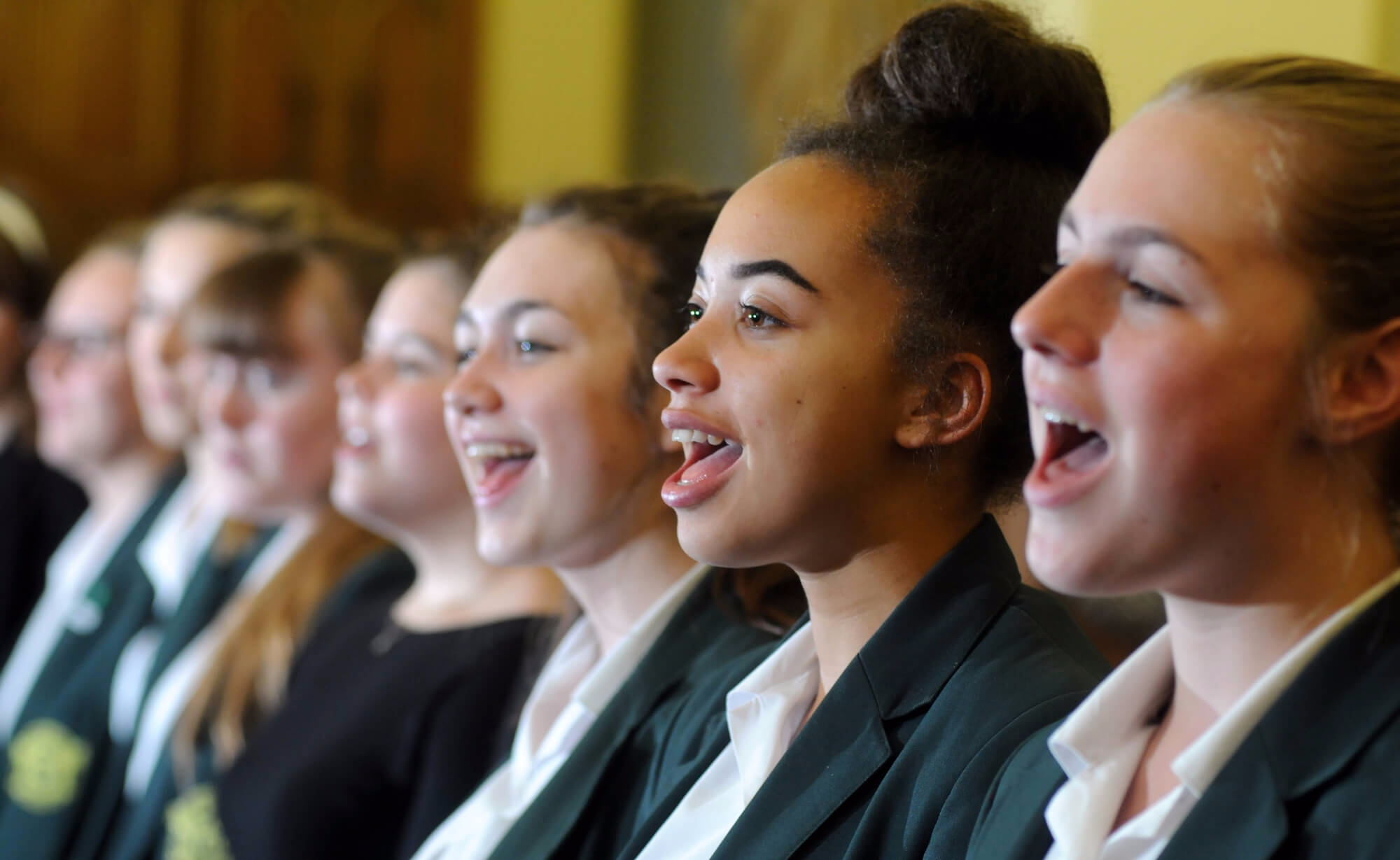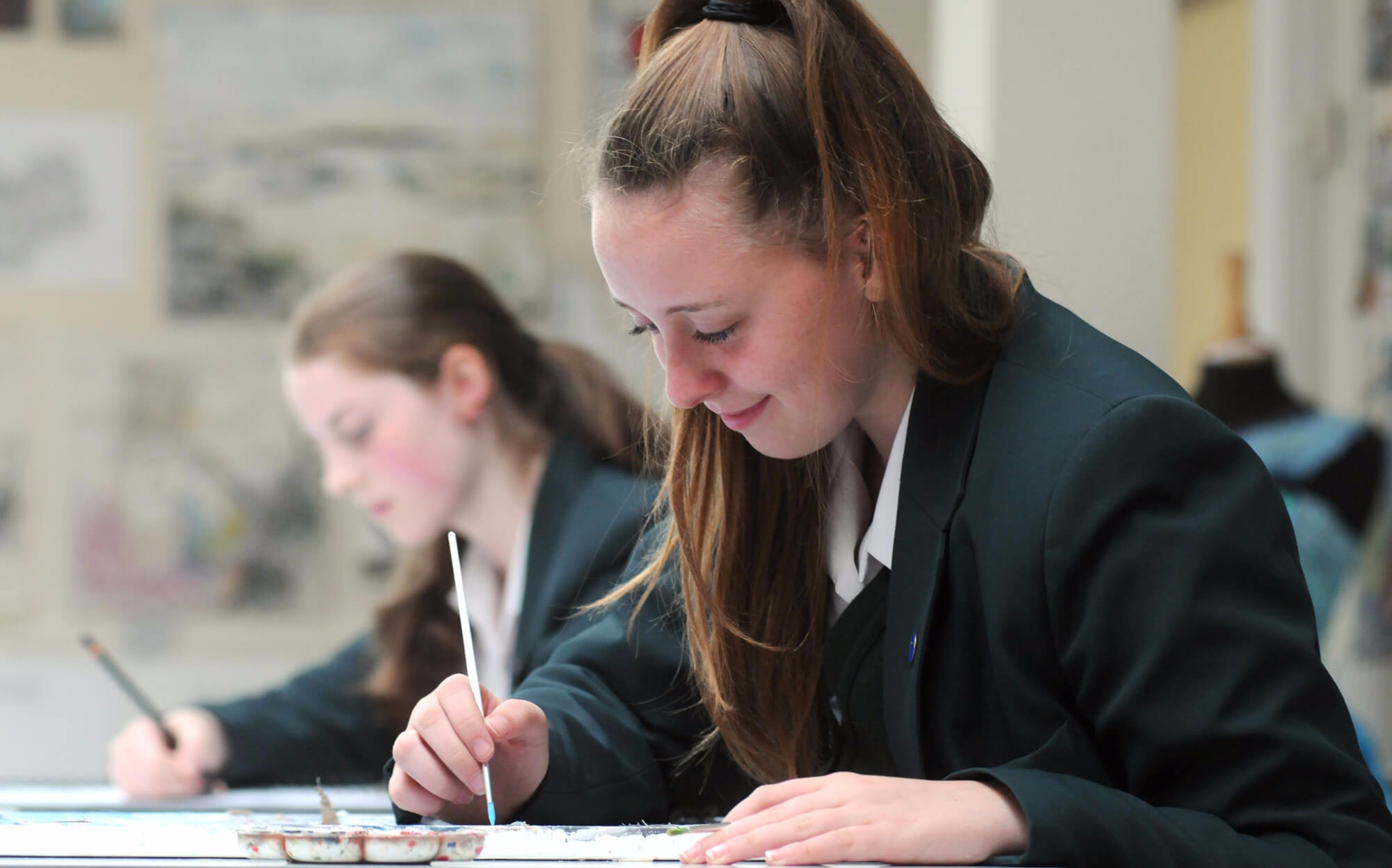SEND School Offer
Key Contacts: -
Special Educational Needs Coordinator (SENCO)
Mrs N Griffiths (Assistant Headteacher)
Link Governors for Special Educational Needs
Mrs S Moore (Foundation Governor) Mrs N Teare (Foundation Governor)
Rationale
In accordance with our Mission Statement as a Catholic and Christian community Upton Hall School will seek to ensure that all the requirements of the Education Acts of 1993 and 1996, the Children Act (1989), the Equality Act (2010) and the Special Educational Needs Code of Practice: for 0 to 25 years (2014) regarding a pupil’s entitlement to an efficient full‐time education suitable to their age, ability, aptitude and any special educational needs, will be fully met.
This means that all pupils should be enabled to make the maximum progress possible commensurate with their developing abilities and be able to gain access to the full curricular provision of the school. Expectations for pupils and 6th form students of all abilities and aptitudes will be high.
Principles
A pupil is regarding as having a special educational need if she is experiencing significantly greater difficulty in learning than most of her peers of a similar age and ability. This could be due to a specific learning difficulty, a general learning difficulty, emotional and behavioural problems, sensory and/or physical needs.
The Upton Hall School's special educational needs policy is based on the following principles:
- All teachers in the school are teachers of pupils with special educational needs and have a responsibility to meet those needs with the advice and support of the special educational needs coordinator (SENCO).
- All pupils should be enabled to have access to the full curriculum provision of the school, including all relevant components of the National Curriculum, through such means as quality first teaching, differentiated teaching, learning support and learning resources that are appropriately worded and illustrated.
- That pupils with special educational needs will be fully integrated into the life of the school, enabling them to maximise their potential as learners and experience and contribute to the social and cultural activities of the school.
That provision for pupils will:
- Match their needs;
- Take account of the wishes and feelings of the pupil;
- Be in partnership with the pupil’s parents.
Legislation & Guidance
This policy and information report on the statutory Special Educational Needs and Disability (SEND) Code of Practice and the following legislation:
- Part 3 of the Children and Families Act 2014, which sets out schools’ responsibilities for pupils with SEN and disabilities.
- The Special Educational Needs and Disability Regulations 2014, which set out schools’ responsibilities for education, health and care (EHC) plans, SEN co‐ordinators (SENCOs) and the SEN information report.
Definition of special educational needs (SEN)
The Special Educational Needs (SEN) Code of Practice: for 0 to 25 years (2014) states that:
‘a child or young person has SEN if they have a learning difficulty or disability which calls for special educational provision to be made for them. Where a child or young person has a disability or health condition which requires special educational provision to be made, they will be covered by the SEN definition:
‘A child of compulsory school age or a young person has a learning difficulty or disability if they:
(a) have a significantly greater difficulty in learning than the majority of others of the same age; or
(b) have a disability which prevents or hinders them from making use of educational facilities of a kind generally provided for others of the same age in mainstream schools or mainstream post‐16 institutions.’
Areas of special educational need
Special educational needs and provision can be considered as falling under four broad areas (see Appendix 1 for further details):
- Communication and interaction, for example, autistic spectrum disorder, Asperger’s Syndrome, speech and language difficulties.
- Cognition and learning, for example, dyslexia, dyspraxia.
- Social, emotional and mental health difficulties, for example, attention deficit hyperactivity disorder (ADHD).
- Sensory and/or physical needs, for example, visual impairments, hearing impairments, processing difficulties, epilepsy.
Many pupils have difficulties that fit clearly into one of these areas; some have needs that span two or more areas; for others the precise nature of their need may not be clear at the outset. We recognise the importance of carrying out a detailed individual assessment of each pupil at the earliest opportunity to make an accurate assessment of their needs. Making provision and reviewing how effective it is in securing progress can itself be part of the effective assessment of need, informing the next steps in the graduated approach. It may be necessary to test out interventions as part of this process, both to judge their effectiveness for the individual and provide further information about the precise nature of the needs. Staff may need training in the use of evidence‐based programmes and advice and support on the effective use of specific interventions may need to be sought from external specialists.




